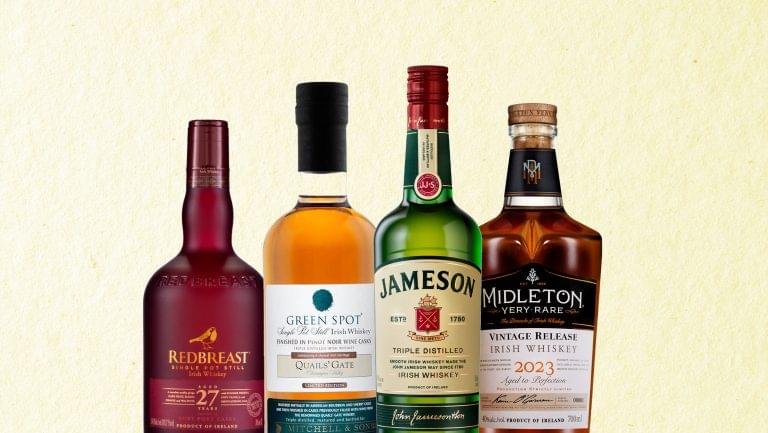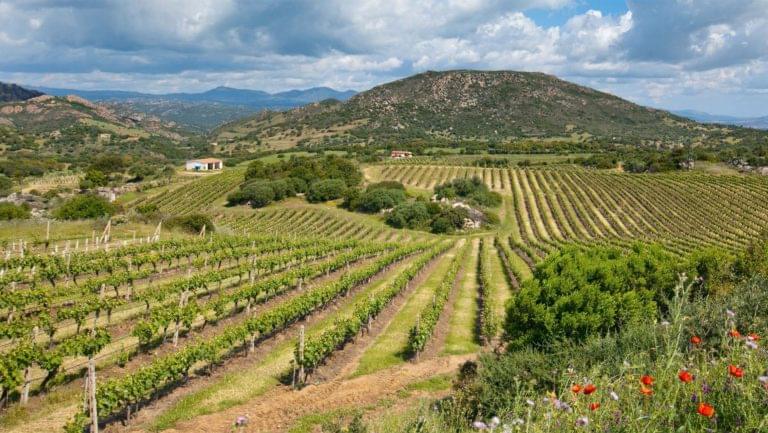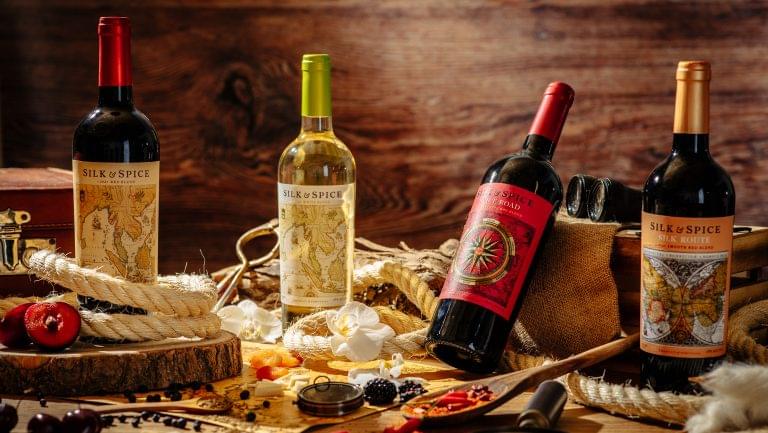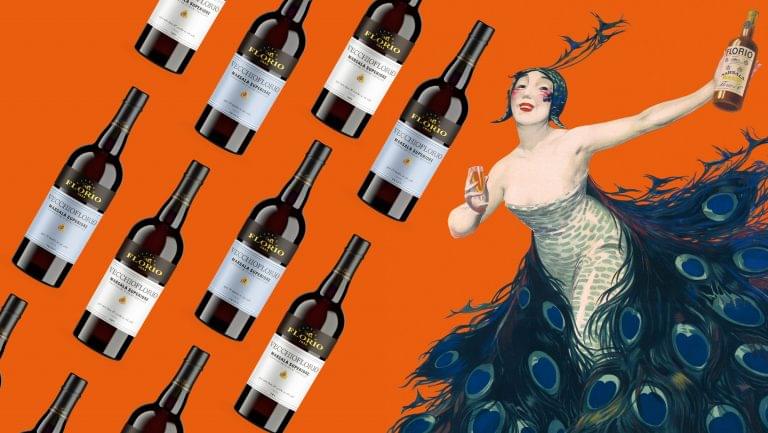This advertising content was produced in collaboration with our partner, Pernod Ricard USA.
The annual celebration of Irish culture serves as a rollicking drinking holiday that drives bar sales all month, be it pints of stout or glasses filled with Irish whiskey. But beyond St. Patrick’s Day, Irish whiskey sales are showing strong growth across the U.S., thanks in part to its sense of timelessness and place.
“Once you learn how Irish whiskey has endured and evolved, it’s hard not to walk away an admirer,” says Johan Radojewski, the vice president of marketing at Pernod Ricard USA. “Irish whiskey is grounded in heritage, craftsmanship, passion, and community. It’s steeped in traditions that make it one of the best categories the spirits industry has to offer.”
In 2021, Irish whiskey sales totaled more than 5.9 million cases, up from just 434,000 cases in 2002, according to the Distilled Spirits Council of America (DISCUS). Pernod Ricard is leading the charge up the sales charts thanks to its diverse portfolio of Irish whiskeys including Redbreast, Midleton Very Rare, Spot, and Jameson. As America’s top-selling Irish whiskey (sales exceeded 2.5 million cases in the first half of 2023 fiscal year), Jameson is the go-to call for St. Patrick’s Day revelers.

Don’t miss the latest drinks industry news and insights. Sign up for our award-winning newsletters and get insider intel, resources, and trends delivered to your inbox every week.
The pandemic might have accelerated the premiumization trend, but our collective drinking behavior has continued to shift. “A key occasion in which a consumer decides to upgrade their spirits purchase is driven by at-home consumption,” says Radojewski. That’s borne out in Pernod Ricard’s booming U.S. sales for its premium Irish whiskeys. The Redbreast portfolio grew 32 percent, while the Spot single pot still whiskeys saw 35 percent growth. These brands are helping fuel Irish whiskey’s decades-long shift to the top shelf. From 2002 to 2021, sales of high-end premium and super-premium Irish whiskey grew 1,102 percent and 9,102 percent respectively, according to DISCUS.
Pernod Ricard cultivates the interest in premium Irish whiskey through careful cask selection, extended aging, and exemplary blending. “We know consumers interested in prestige marks are paying attention to every detail,” says Radojewski. Take the Spot whiskeys, for example, dating back to 1805 when wine merchant Mitchell & Son began maturing whiskey in fortified wine casks nestled in cellars beneath Dublin’s streets. They were marked with a daub, or ‘spot’ of paint which identified how long they would mature,” says Radojewski. Whiskey drinkers today can spin the color wheel to try Green, Blue (seven years), Yellow (12 years), and Red (15 years).
Among the most prestigious Irish whiskeys is Midleton Very Rare. Since 1984, master distillers have handpicked a mix of single-grain and single pot still Irish whiskeys, patiently slumbering in former American bourbon barrels, to create a sought-after annual release. Vintages regularly sell for thousands of dollars on the secondary market. “The brand’s deep history and heritage are one of the many reasons Midleton Very Rare is seen as the original prestige whiskey of Ireland,” says Radojewski.
Innovation Is Leading to Increased Interest
Innovation is an engine driving growth across the spirits industry. Taking trusted brands into flavorful new territory can help recruit new customers and help old spirits shine in a new light. The key is finding complementary flavor profiles. Redbreast 12 Year Old, which is matured in sherry and bourbon casks, is a definitive expression of the traditional Irish spirit and the world’s most awarded single-pot still Irish whiskey. Pernod Ricard is continually exploring the impact of different barrels through novel releases such as the American Oak series, which started last summer with the Kentucky Oak expression. “Limited-edition releases will continue to be an important lever we pull,” says Radojewski.
Pernod Ricard’s most successful new launch is Jameson Orange, America’s top-selling non-RTD spirit innovation in the U.S. last year, according to NielsenIQ and the National Alcohol Beverage Control Association. Jameson Orange was designed to appeal to a growing audience of non-traditional whiskey drinkers, with a refreshing citrus profile inspired by the classic whiskey cocktail the Old Fashioned.
Jameson is a particularly nimble springboard for creativity. Consumers today can select from their super-premium Black Barrel line or versions aged in barrels that once contained a craft brewery’s stout. Moreover, Pernod Ricard also introduced a range of RTD Jameson cocktails, including ginger ale and lime. “Innovations and twists on traditional whiskey making are at the forefront of our growth strategy for Jameson,” says Radojewski.
Sustainability Initiatives Point to a Prosperous Future
Making Irish whiskey means always looking toward tomorrow. Today’s distillates will age in oak for years before coming of age. But raw materials aren’t infinite resources. Whiskey’s wellbeing is linked to sustainability, and forward-thinking companies like Pernod Ricard are safeguarding the category’s long-term health with impactful environmental initiatives. “Investing in sustainability is not an option—it is a necessity,” says Radojewski.
Pernod Ricard is lightening its environmental load by reducing packaging waste. Outer packaging will be eliminated across the Spot, Powers, and Knappogue Castle by the end of 2025. More recently, Jameson 18 Years swapped its wooden box for an attractive recyclable paper box, as did February’s release of Midleton Very Rare 2023. (Other premium Jameson and Redbreast releases will also transition to recyclable packaging.)

At the Midleton Distillery in County Cork, Irish Distillers—a subsidiary of Pernod Ricard—has embarked on a €50 million plan to make the facility carbon neutral by the end of 2026, including fuel-efficient boilers and recycling heat generated during distillation. The carbon-neutral push, which will see the facility phase out of fossil fuels, is proceeding in tandem with the construction of a new production facility at the Midleton campus.
Once completed in 2025, the new distillery will boost the volume of brands including Powers, Jameson, and Redbreast. More Irish whiskey means more opportunities for customers to discover its multifaceted charms. “Our liquid can be enjoyed neat, on the rocks, or in a wide variety of delicious cocktails,” says Radojewski.
Maybe that means a Jameson Orange and Sprite for summer, a Redbreast 12 Year Old alongside a roaring winter fire, or an after-dinner Old Fashioned made with Powers Irish Rye Whiskey. Occasions to enjoy Irish whiskey will continue to broaden and evolve, and Pernod Ricard is poised to lead the innovative charge for generations to come. As Radojewski says, “We want to fuel growth with continued investment for the future.”

Dispatch
Sign up for our award-winning newsletter
Don’t miss the latest drinks industry news and insights—delivered to your inbox every week.









